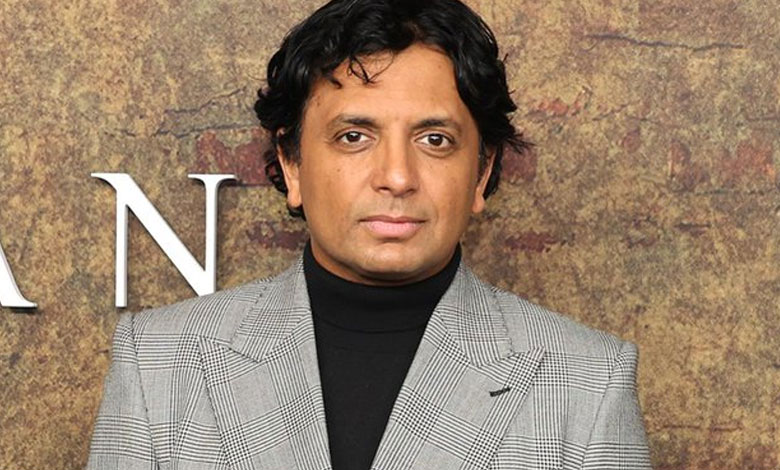M. Night Shyamalan Faces $81 Million Copyright Trial Over OTT Show Servant
Filmmaker M. Night Shyamalan is facing a trial over allegations that he copied elements from an independent film to create the streaming show, Servant.

Los Angeles: Filmmaker M. Night Shyamalan is facing a trial over allegations that he copied elements from an independent film to create the streaming show, Servant.
The show, which streams on Apple TV+, is the subject of a lawsuit filed by Francesca Gregorini, an Italy-born director. She is suing Shyamalan and Apple for $81 million, claiming that Servant stole key elements from her 2013 film, The Truth About Emanuel, reports Variety.
Also Read: Impeached PM Han Calls Yoon’s Martial Law Declaration ‘Wrong’
Table of Contents
Allegations of Copyright Infringement
During his opening statement in federal court in Riverside, California, Gregorini’s attorney, Patrick Arenz, presented clips from both projects. He argued that both depict a delusional mother who treats a doll as a real baby, along with a nanny complicit in the delusion.
“This is a simple case,” Arenz told the jury. “There would be no Servant without Emanuel.”
Defense’s Argument
M. Night Shyamalan was present in court alongside producer Taylor Latham and Matt Cherniss, head of programming at Apple TV+. Tony Basgallop, the British writer who created Servant, was also present at the defense counsel table, while Gregorini sat with her lawyers at the plaintiffs’ table.
When it was the defense’s turn, attorney Brittany Amadi argued that Basgallop began developing Servant years before The Truth About Emanuel was released. She stated that those involved in the show never drew inspiration from Gregorini’s film.
“Ms. Gregorini is seeking a windfall here,” Amadi said. “She’s seeking $81 million for work she didn’t do. The truth is the creators of Servant do not owe anything to Ms. Gregorini.”
Legal History of the Case
Gregorini filed the lawsuit in January 2020, shortly after Servant debuted on Apple TV+. A federal judge initially dismissed the case, but in 2022, the 9th Circuit Court of Appeals revived it, ruling that there was a legitimate dispute over whether the two works were “substantially similar.”
In November, Judge Sunshine Sykes denied Apple’s motion for summary judgment, ordering that the lawsuit must be settled by a jury.
